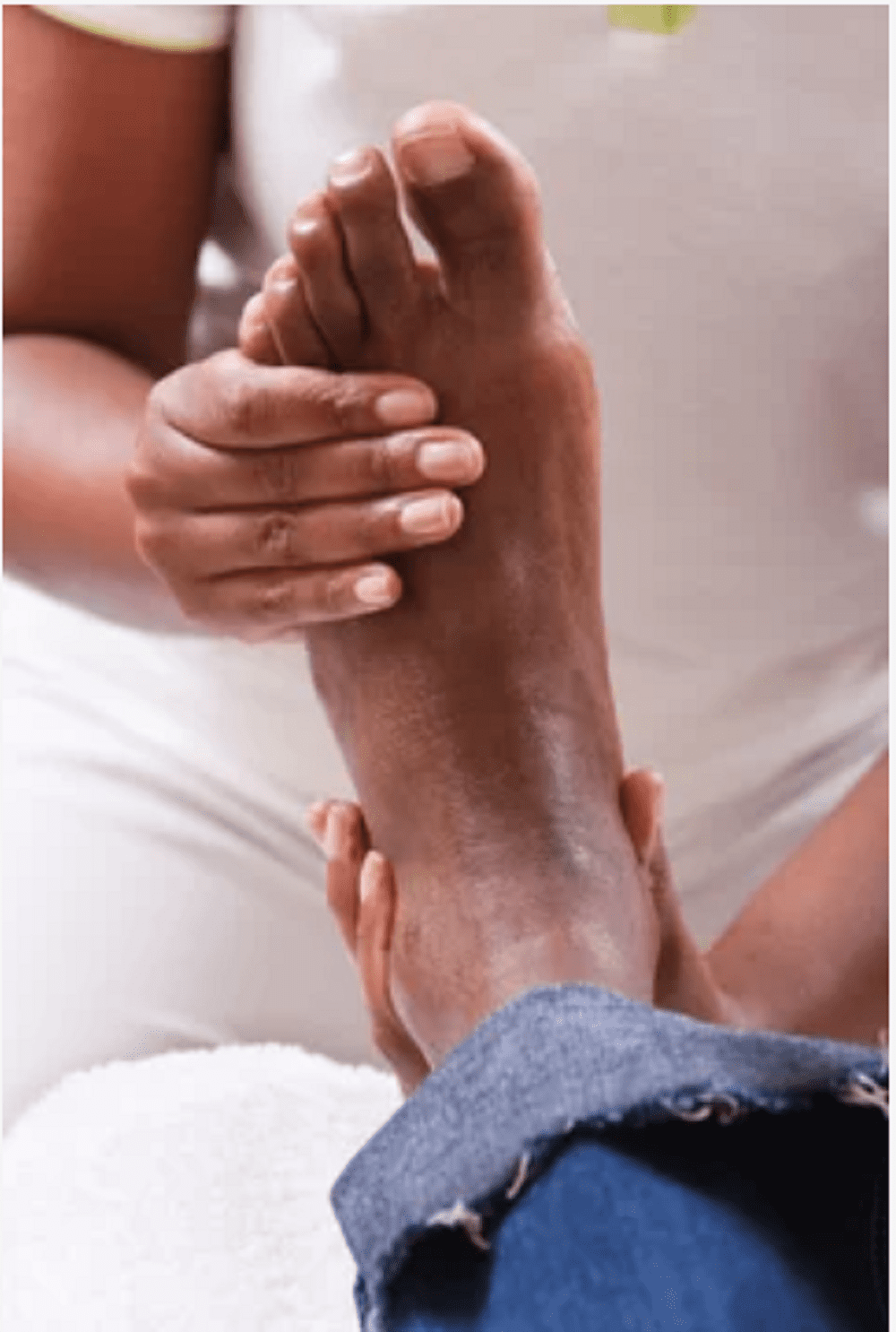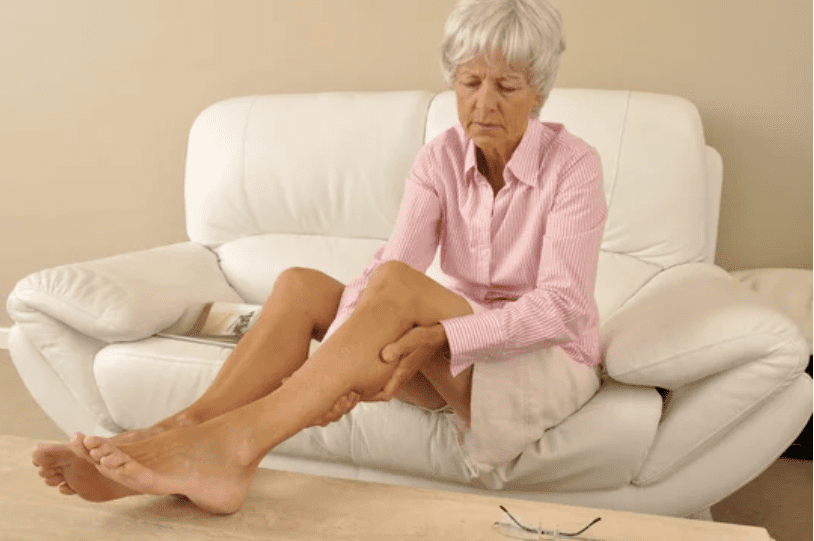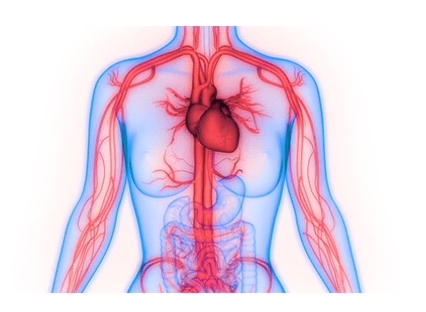
Don't think that Leg Pain can be related to your Heart Health. Think Again!

When should you see a doctor?
Leg weakness should always be assessed by a doctor since it might be the result of a significant underlying problem that has to be treated.
If you're experiencing any of the following symptoms, get immediate medical attention:
Understand the Symptoms of Peripheral Artery Disease
You wouldn't disregard chest discomfort, would you? Would you, on the other hand, disregard leg pain? Many individuals don't know how vital it is to pay attention to your legs when it comes to your cardiovascular system.
According to Ruki Odiete, MD, PeachState Advacned Cardiac & Endovascular, "a blockage in the leg might be as hazardous as a blockage in the heart."
"People don't generally associate aching legs with heart disease," Dr. Odiete says.
"However, if leg arteries are obstructed, coronary arteries are likely to be stopped as well. PAD, if left untreated, can increase a person's chance of having a stroke or heart attack. It's also one of the most common reasons for limb amputation."
Early Symptoms According to the National Heart, Lung, and Blood Institute, PAD affects one in every 20 individuals over the age of 50 and one in every five persons over the age of 70.
Although the symptoms may be moderate at first, virtually everyone with PAD discovers that their fatigued, achy legs prevent them from walking as far or as quickly as they formerly did. Claudication is the term for the leg discomfort caused by PAD.
"Claudication is not the same as other forms of pain caused by arthritis or a bone or muscle condition," Odiete explains. "It usually follows a predictable pattern, with discomfort in the calves or thighs developing when walking. It becomes better with rest and then comes back when you start walking again."
Odiete says that this sort of modest leg pain is frequently attributed to "growing older and slowing down." "However, claudication is a sign that blood flow to the legs is being restricted due to narrowing arteries."
Loss of leg hair and non-healing foot sores are some indications of inadequate blood flow in the lower extremities. If you have weariness or cramping in your calf, thigh, or hip during walking, consult your doctor.
PAD Diagnosis
An ankle-brachial index test is one technique for doctors to identify PAD.
Odiete adds, "This noninvasive test compares two blood pressure measures."
A blood pressure cuff is used to take one measurement in a person's arm. Then, using a blood pressure cuff and ultrasonic waves to hear the pulse in the foot, a second measurement is obtained in the ankle.
"These two readings should be comparable when blood vessels are healthy," he says. "A narrowing or blockage in the leg arteries might be indicated if there is a substantial disparity in the readings and the ankle pressure number is low."
Although it may seem contradictory, walking and exercise are essential for managing PAD and reducing discomfort.
"Even if you've been diagnosed with PAD, the more you walk, the more your legs will become conditioned," Odiete explains. "This will increase circulation and blood flow while also reducing discomfort."
Walking, particularly supervised walking programs, can considerably enhance walking abilities in PAD patients, according to a new assessment of earlier research.
"Multiple studies have indicated that enrolling in an organized walking program is more effective than walking at home," Odiete explains. "However, this may not be viable for all individuals." "If you can't commit to a full-fledged program, I propose starting with a half-hour walk several times a week. Then, over the next few weeks, progressively increase the duration or distance. Pain should begin to fade with time, allowing you to walk farther and longer. Increase your duration by five-minute intervals as walking gets easier."
It might be difficult to make treatment or therapy decisions for peripheral artery disease.
We are just a call or click away. To learn more, book an appointment online or over the phone with PeachState Advanced Cardiac & Endovascular. We have several locations in Georgia: Newnan, Atlanta, & Griffin.
You Might Also Enjoy...


Feeling Faint

Should I be worried about my numb feet?

Can leg cramps be a sign of something serious?

Meet Dr. Odiete - PACE Cardiovascular Specilaist


